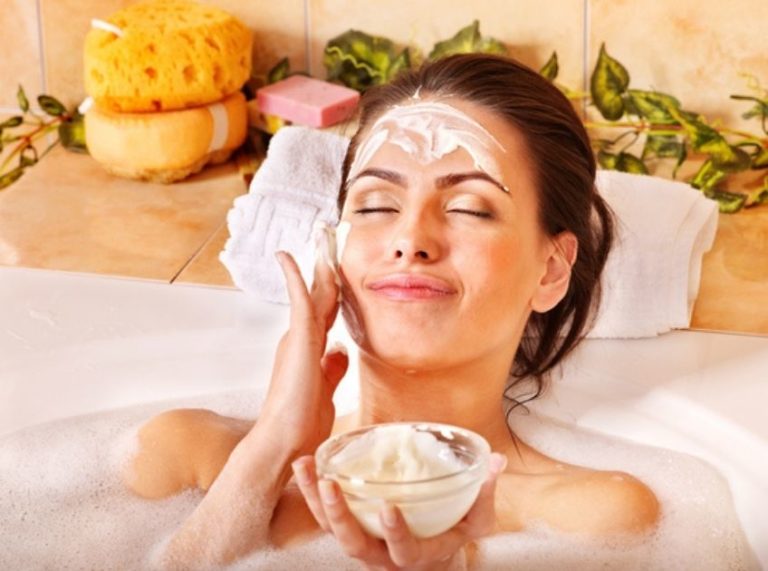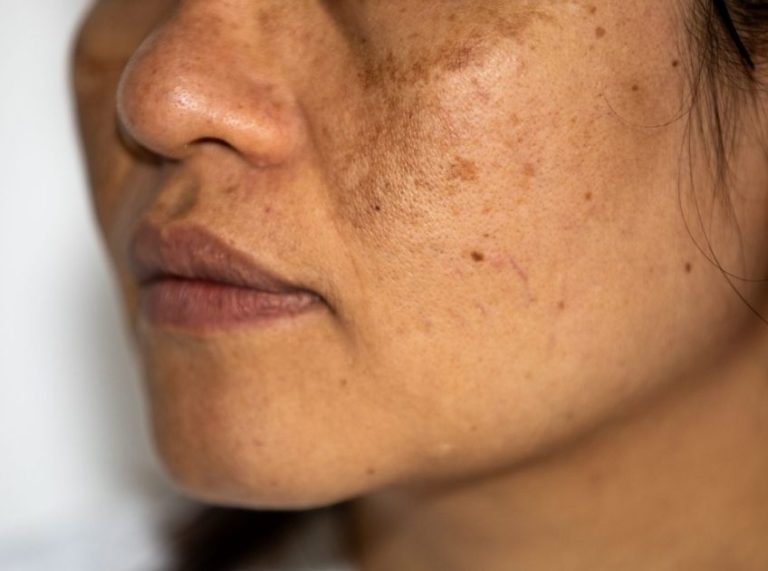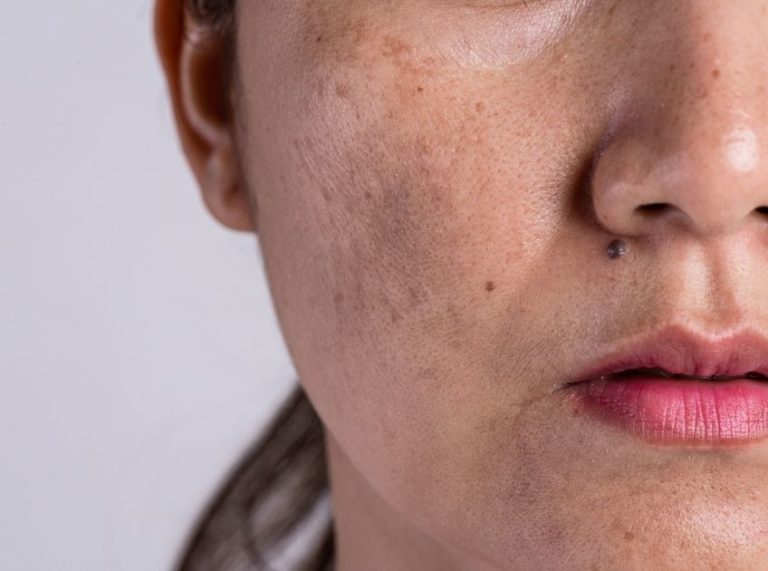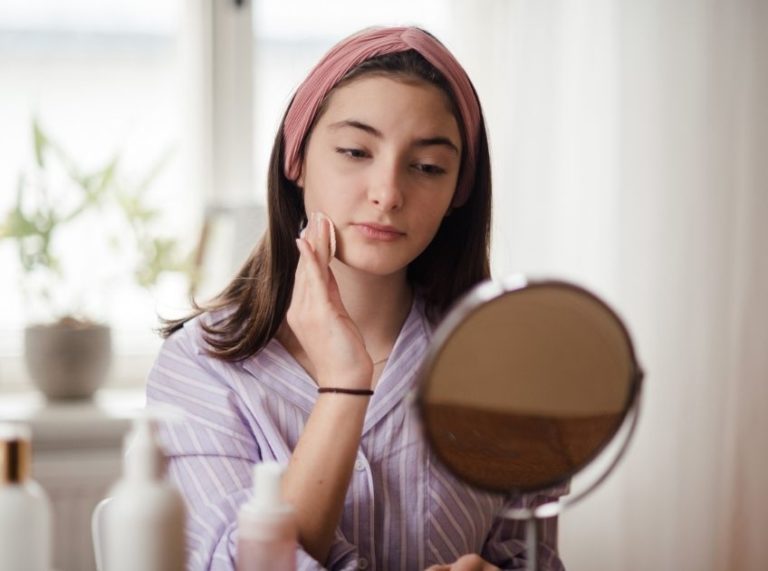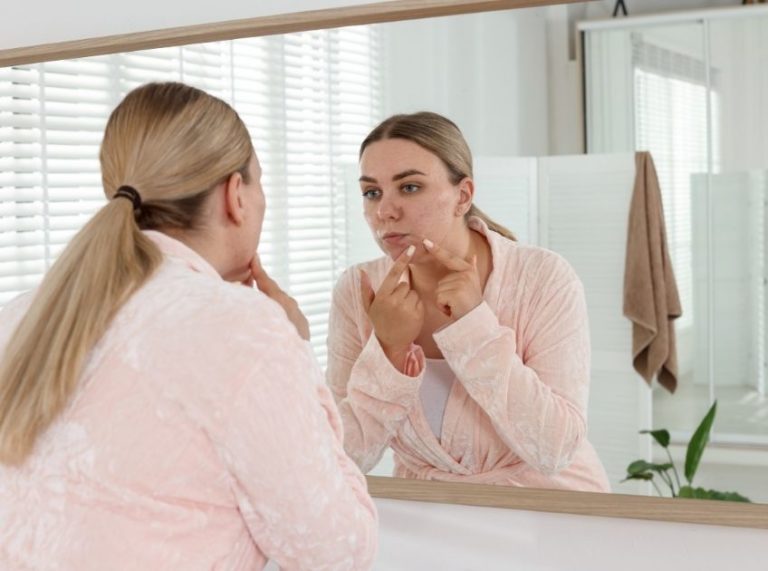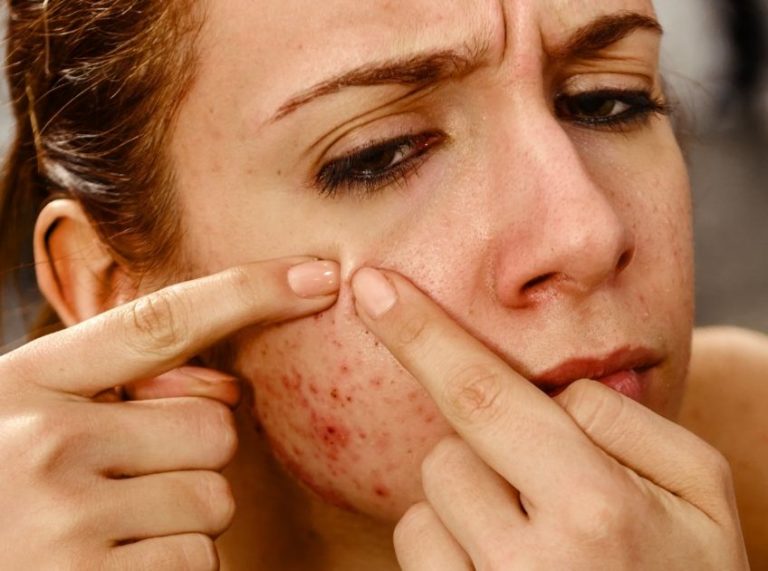
Important: This article is for informational purposes only. Please read our full disclaimer for more details.
Tired of trying new face washes only to end up with red, irritated skin? Sensitive skin demands gentle care, and the wrong product can trigger dryness, rashes, or breakouts. But there’s good news—nature already has the answer. A blend of aloe vera and honey offers a skin-loving solution that cleanses, soothes, and hydrates without harsh chemicals.
Why Aloe Vera & Honey Work Wonders for Sensitive Skin
What makes this combo so powerful yet gentle?
Aloe vera is a skin superfood. It’s packed with vitamins A, C, E, enzymes, and anti-inflammatory compounds. It soothes irritation, reduces redness, and helps heal micro-tears in the skin barrier (1).
Honey, especially in its raw form, is naturally antibacterial and a humectant—it draws moisture into the skin and keeps it locked in. It helps maintain hydration and supports the skin’s healing process (2).
Together, they cleanse your skin without stripping its natural oils—a must for anyone with easily irritated or reactive skin.
Who Should Use This Natural Face Wash?
This DIY face wash is especially great for:
- Sensitive skin prone to redness or itchiness
- Dry, flaky, or dull skin
- Skin healing from sunburn or cosmetic treatments
- Mild acne-prone skin that reacts to commercial cleansers
Avoid use if you’re allergic to bee products or aloe vera. Always patch test on the inside of your wrist before applying to your face.
Is It Safe for Everyday Use?
Yes—but listen to your skin.
This face wash is free from artificial additives, making it ideal for daily use. However, discontinue use if you notice:
- New or worsening breakouts
- Redness that lingers or increases
- A stinging or burning sensation
Skin sensitivities vary. Adjust the amounts of aloe and honey based on how your skin responds. For oilier skin, use more aloe. For drier skin, lean into the honey for added moisture.
Best DIY Aloe-Honey Face Wash Recipe
A soothing, hydrating blend your skin will love.
Ingredients:
- 2 tablespoons pure aloe vera gel (fresh or organic store-bought)
- 1 tablespoon raw honey (preferably organic)
- 1 teaspoon rose water (optional for added hydration and scent)
- 1–2 drops tea tree oil (optional for acne-prone skin)
Directions:
- Combine all ingredients in a bowl and mix well.
- Apply a small amount to damp skin using gentle circular motions.
- Rinse with lukewarm water and pat dry with a soft towel.
- Store the rest in an airtight container in the fridge. Use within 5–7 days.
Tip: If your skin feels tight after cleansing, increase the honey. If it feels too heavy, reduce the honey and add more aloe.
Frequently Asked Questions (FAQ’S)
1. Can I use this face wash on eczema-prone skin?
A. Yes, but start with a patch test. Aloe and honey are generally safe, but eczema-prone skin can be highly reactive.
2. How often should I use it?
A. Daily use is fine for most people, but you can start with 3–4 times a week to see how your skin adjusts.
3. How long can I store the face wash?
A. Since it contains no preservatives, use it within 5–7 days and keep it refrigerated to maintain freshness.
Final Thoughts
Sensitive skin doesn’t have to mean limited options. Aloe vera and honey offer a gentle, customizable, and effective cleansing experience that’s free from irritation. This natural face wash supports healing, boosts hydration, and keeps your skin calm and clean.
Go ahead—give your skin the care it truly deserves.
You Might Also Like:
- Olive oil Face Mask: Benefits and Recipes
- Homemade Coconut oil Face Mask
- Face Mask for Dry Skin
- Green Tea Face Mask
- Honey Face Mask
- 10 Best Homemade Cucumber Face Mask Recipes
